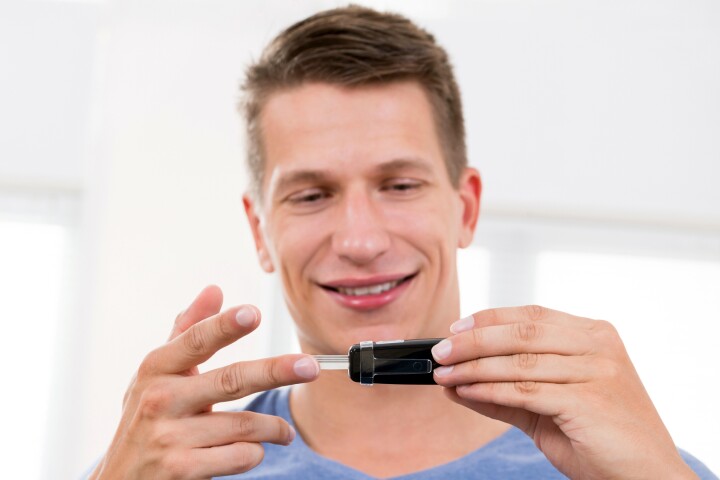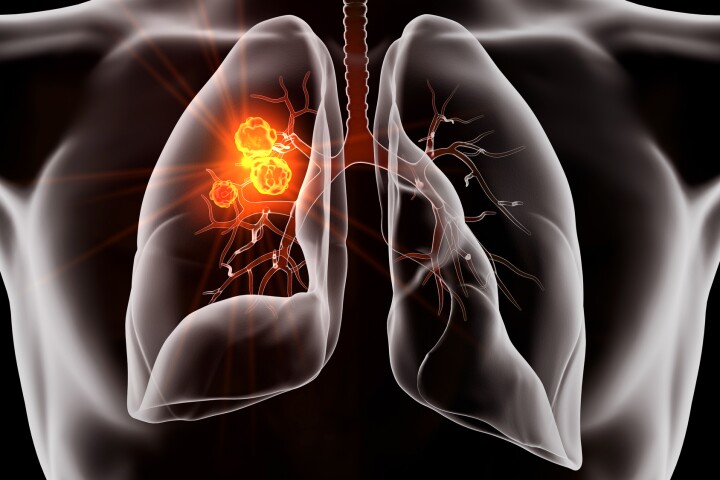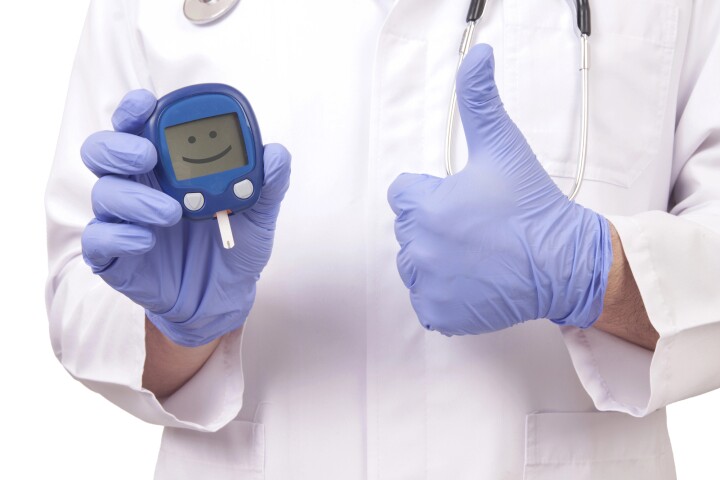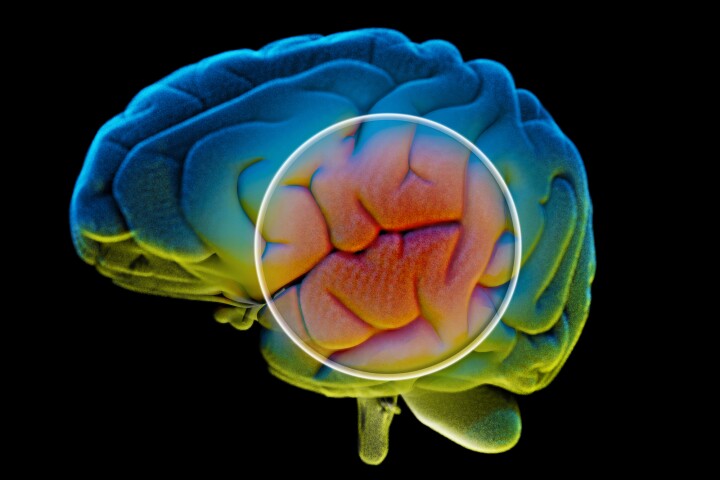Drug
-
A twice-a-year injectable drug has been shown to be 100% effective in preventing the spread of HIV, according to the first data from a clinical trial. If approved, the drug offers another preventive option and puts us a step closer to eradicating HIV.
-
A slow-release, twice-a-week ketamine tablet significantly reduced depression symptoms, according to the results of a clinical trial. The tablet can be taken at home without medical supervision, making it more convenient than current ketamine treatments.
-
A once-a-day oral drug to treat prediabetes has produced very promising results in human trials, significantly reducing blood glucose levels. The novel drug could prevent or slow the progression from prediabetes to type 2 diabetes.
-
Diabetics sick of daily injections may have renewed hope for a less invasive alternative. Scientists at the University of British Columbia (UBC) have developed a new delivery method for insulin where users just place a few drops under their tongue.
-
Lung cancer is the number one cause of cancer-related deaths worldwide. A trial of a new anti-cancer drug has found that five years after treatment, 60% of patients with a very common form of the disease are still alive, and the cancer has not progressed.
-
A new oral analgesic without the health risks associated with existing pain relievers has been proven safe. According to the drug’s developers, it could revolutionize pain management, especially for those with hard-to-treat conditions like nerve pain.
-
A promising new drug could prevent and even reverse the onset of type 1 diabetes. The experimental monoclonal antibody drug was found to act like a shield to protect insulin-producing cells from damage and even extended lifespan in some cases.
-
California-based biopharmaceutical company Rubedo Life Sciences has announced that thanks to US$40 million in financial backing, it can commence human trials of its drug RLS-1469, designed to target the senescent cells that cause age-related disease.
-
A new drug for severe influenza successfully keeps patients at the perfect level of lung inflammation to protect against lung damage while still allowing the immune system to fight off the infection. It's effective in mice even days after infection.
-
Amid ongoing global shortages of semaglutide, the active ingredient in medical sensations Ozempic and Wegovy, researchers have uncovered a way to make 10 times more of the stuff, producing a therapeutically similar version of the in-demand drug.
-
A study has found that a compound created by the body’s breakdown of a cancer drug has therapeutic properties that could be used in combination with the original drug to boost prostate cancer treatment or as a novel treatment for Parkinson's disease.
-
A series of Phase 3 clinical trials into a novel oral, non-opioid painkiller has found that it’s effective in treating acute pain in both surgical and non-surgical settings. The drug's manufacturers plan to seek FDA approval in mid-2024.
Load More











